Did you spot, during the early weeks of the coronavirus pandemic, the rash of stories about Britain’s motorsport companies turning their expertise to the sudden and overwhelming medical demand? The response did the industry proud, but it was hardly a surprise.
Engineers are the first people to turn to in a crisis, because they by definition relish the challenge of finding rapid, effective and practical solutions, and some of the brightest and most innovative in the UK are among the 25,000 employed in the business of racing. Adapting under intense pressure and making key decisions based on scientific logic? That’s just what they do, day in, day out, in workshops, paddocks, pit lanes and rally service parks around the world.
It’s easy to be cynical about rallying calls to evoke the ‘Dunkirk spirit’, but given the challenges Covid-19 presents, it’s perhaps understandable to draw inspiration from this country’s darkest hour.
In motorsport, there’s a similar old cliché that compares the white heat of competition to warfare, specifically in terms of the development of new technology – but it’s only a cliché because it carries more than a grain of truth. Draw a line from today’s highly evolved Formula 1 teams – seven of which are based in the UK – and it runs directly back to the Second World War.
“Engineers back then laid the foundations for British motorsport, because what was required was a rapid response to develop ideas to fight and win battles on land, sea and air,” says Chris Aylett, chief executive for UK trade body the Motorsport Industry Association. “In aviation, the war created a lightweight, high-speed, aerodynamically driven competitive challenge that engineers developed novel solutions for every day – and if they failed, people died. When the planes came back safely, the solutions were deemed to have worked…”
Out of that life-or-death necessity emerged a post-war generation bursting with ideas, a number of whom channelled their energy into the re-emerging sport of motor racing. By the late 1950s, the likes of Cooper and Lotus were harnessing technologies born directly from the Battle of Britain to conquer grand prix racing. By the 1960s, the British revolution had not only overrun F1 but even the trenchantly parochial Indianapolis 500, too – and that nascent bud of industry has continued to bloom. Its roots run so deep and strong that its 4000 firms – from small, artisan specialists to 1200-strong, manufacturer-owned F1 behemoths – exist here, unopposed in the centre of the motorsport universe.
Want a prime example of the UK’s eminence? Mercedes-AMG F1. For all of Germany’s industrial might, Daimler chose not one but two small towns in Middle England in which to settle its six-time championship-winning super-team and affiliated technology development hub. That investment benefits from the mature and complex network of specialist suppliers, as well as from the UK’s home-grown and international workforce – many of whom have been educated at British universities that offer specific and world-renowned motorsport engineering courses. Like all the best success stories, the British motorsport industry is built on the shoulders of the people who drive it.

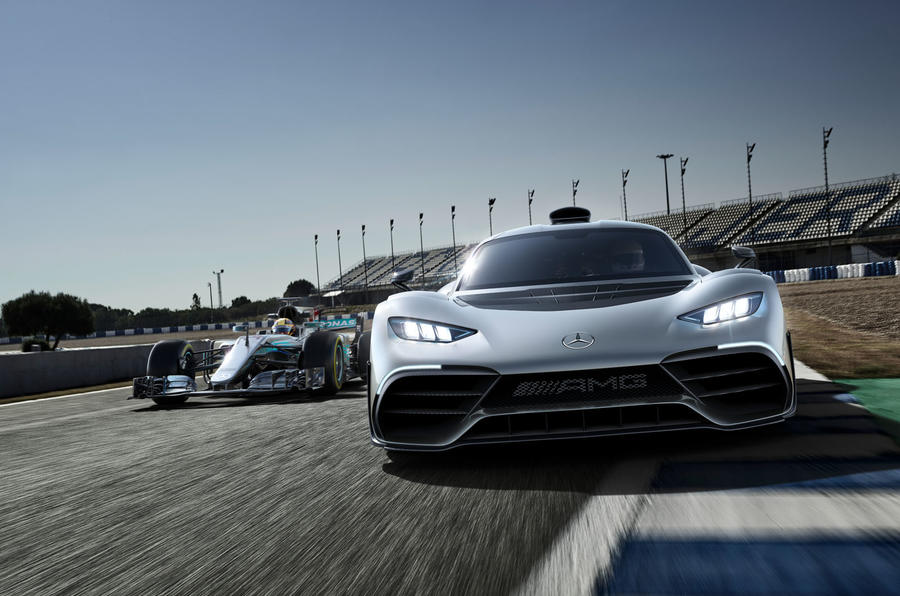
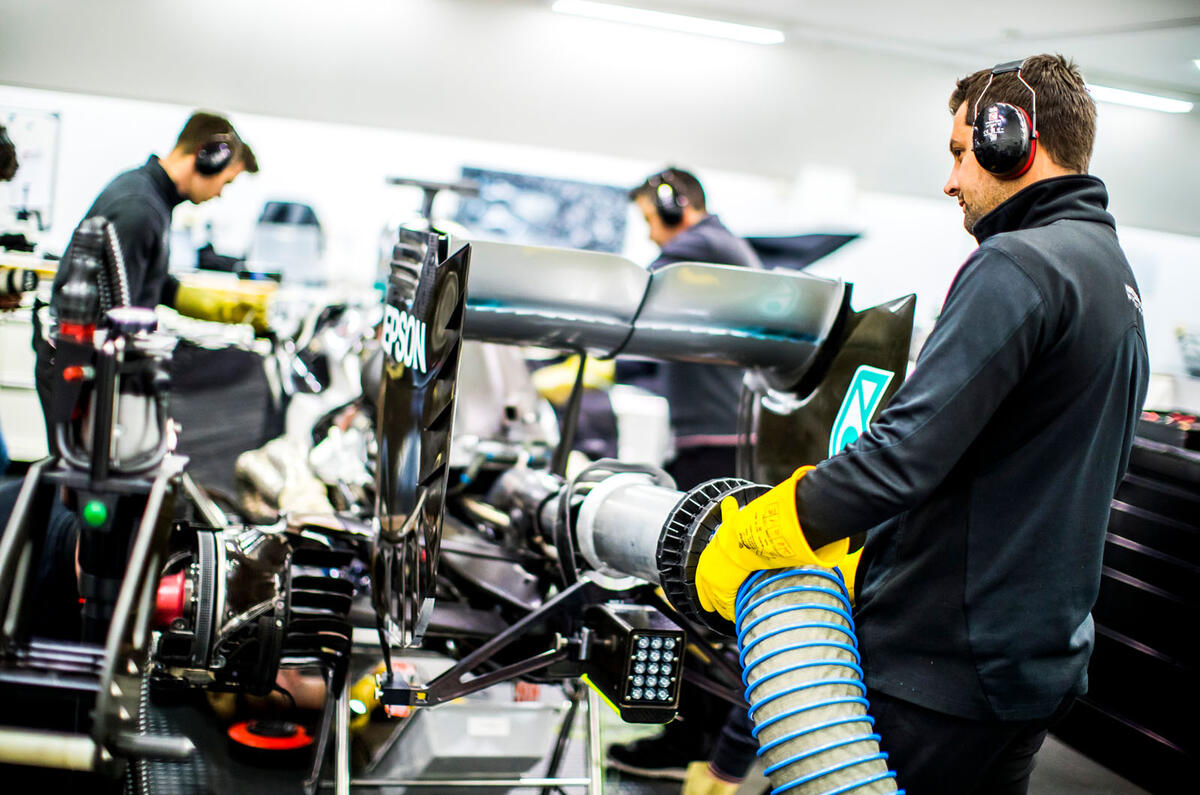































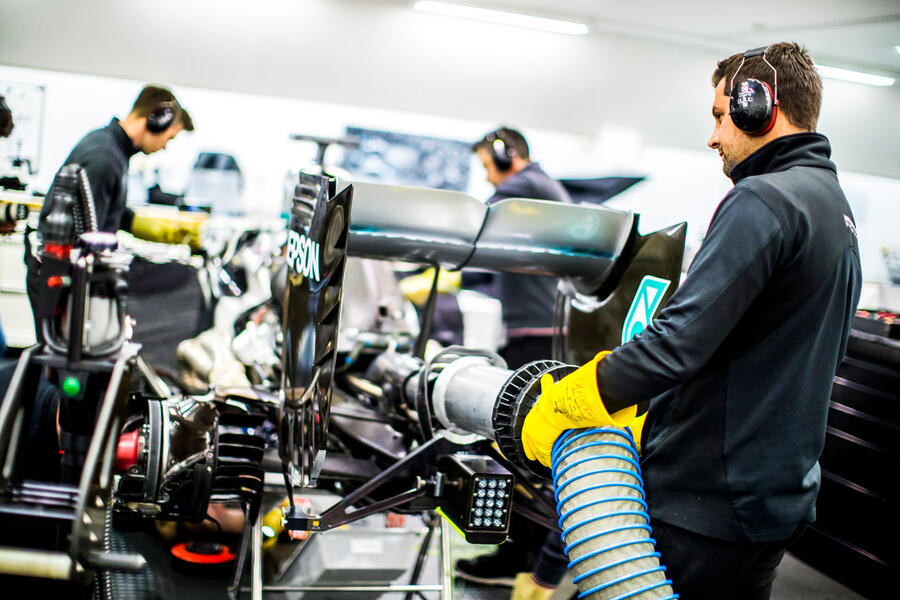
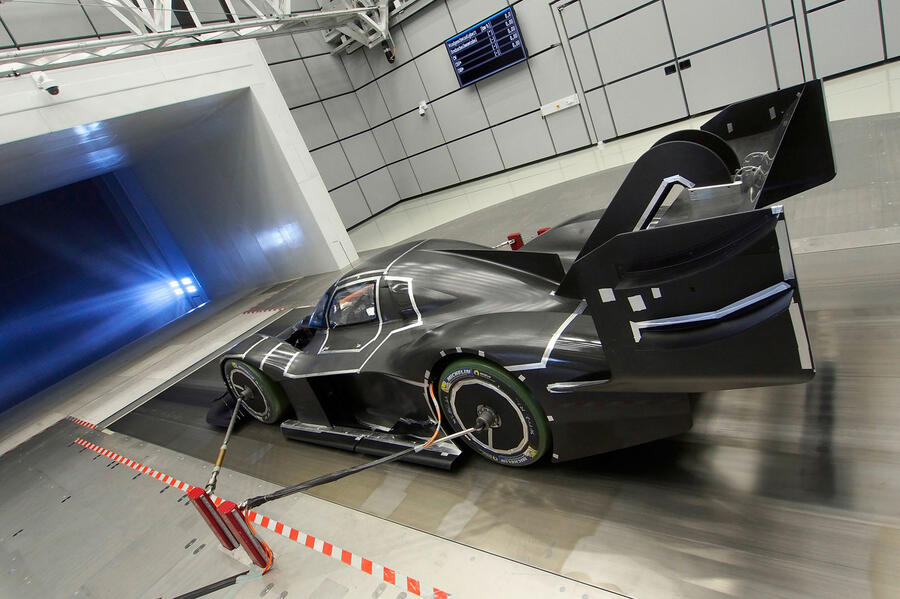
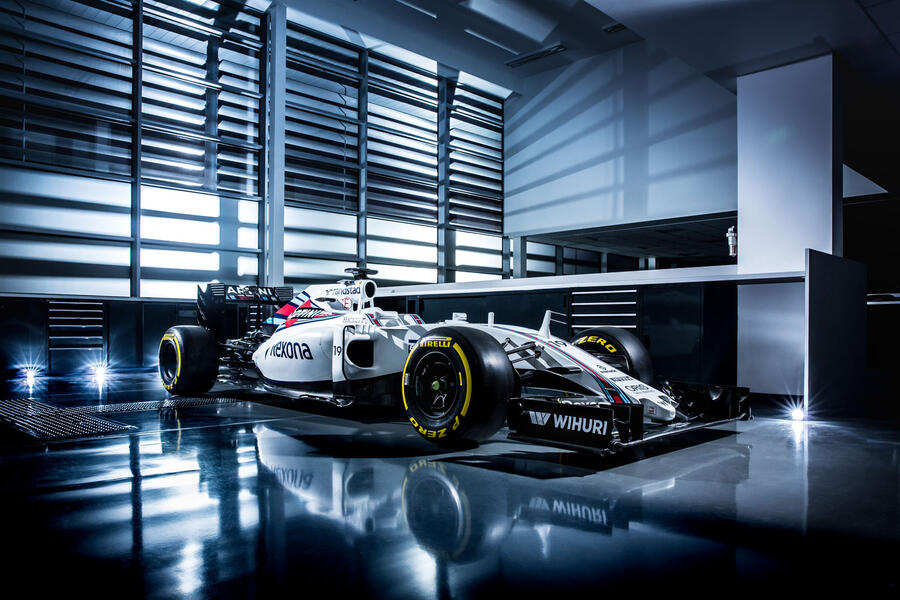
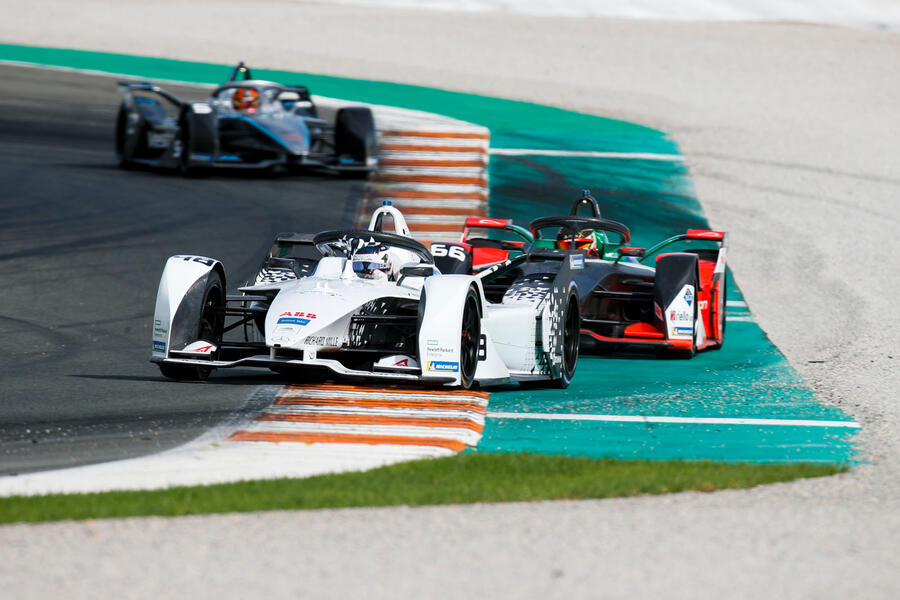
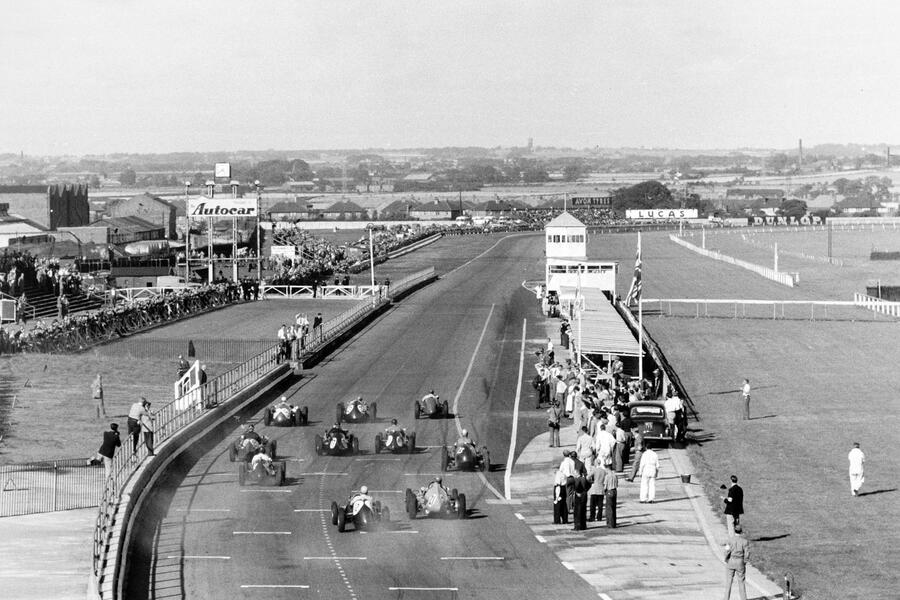


Join the debate
Add your comment
With All Due Respect